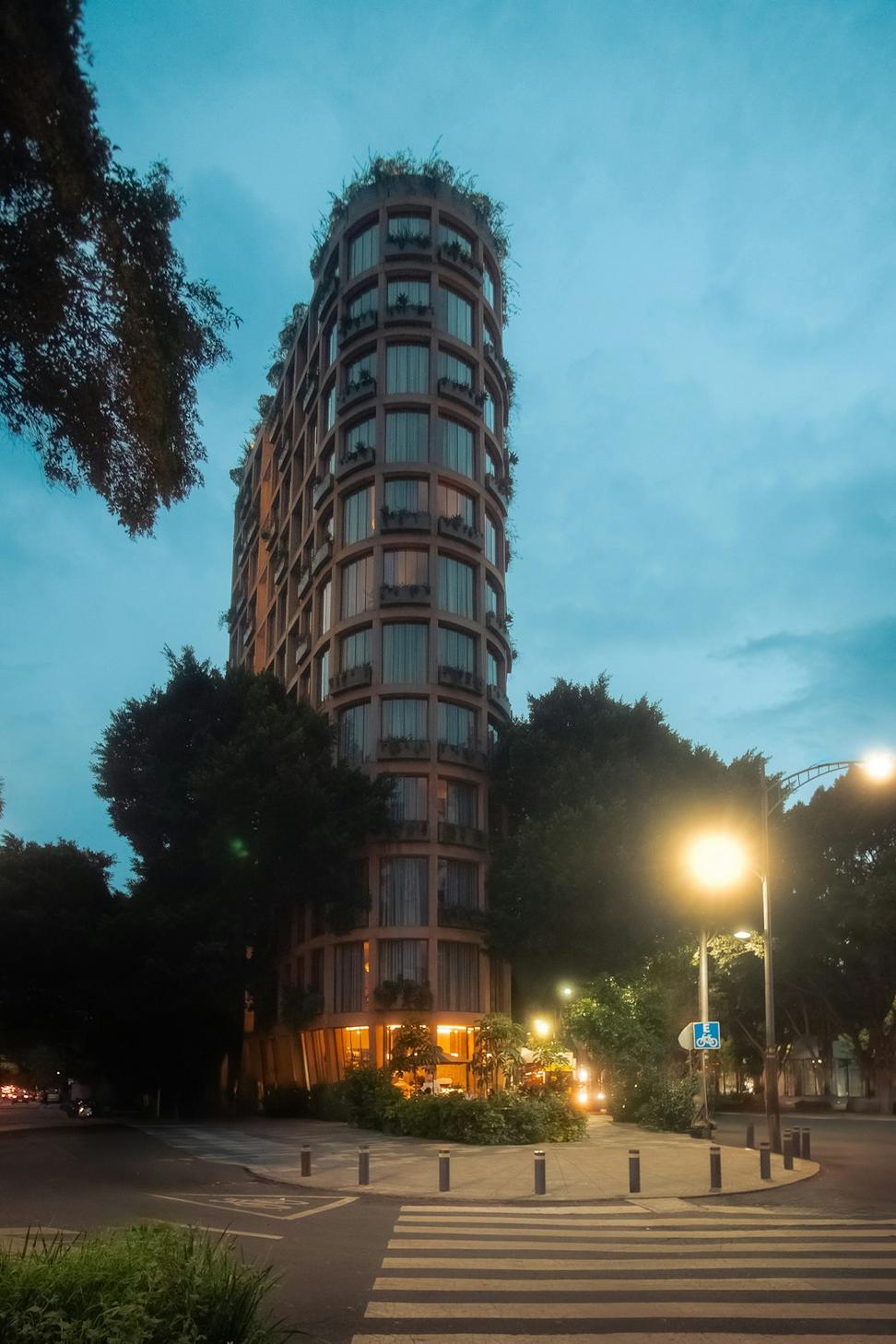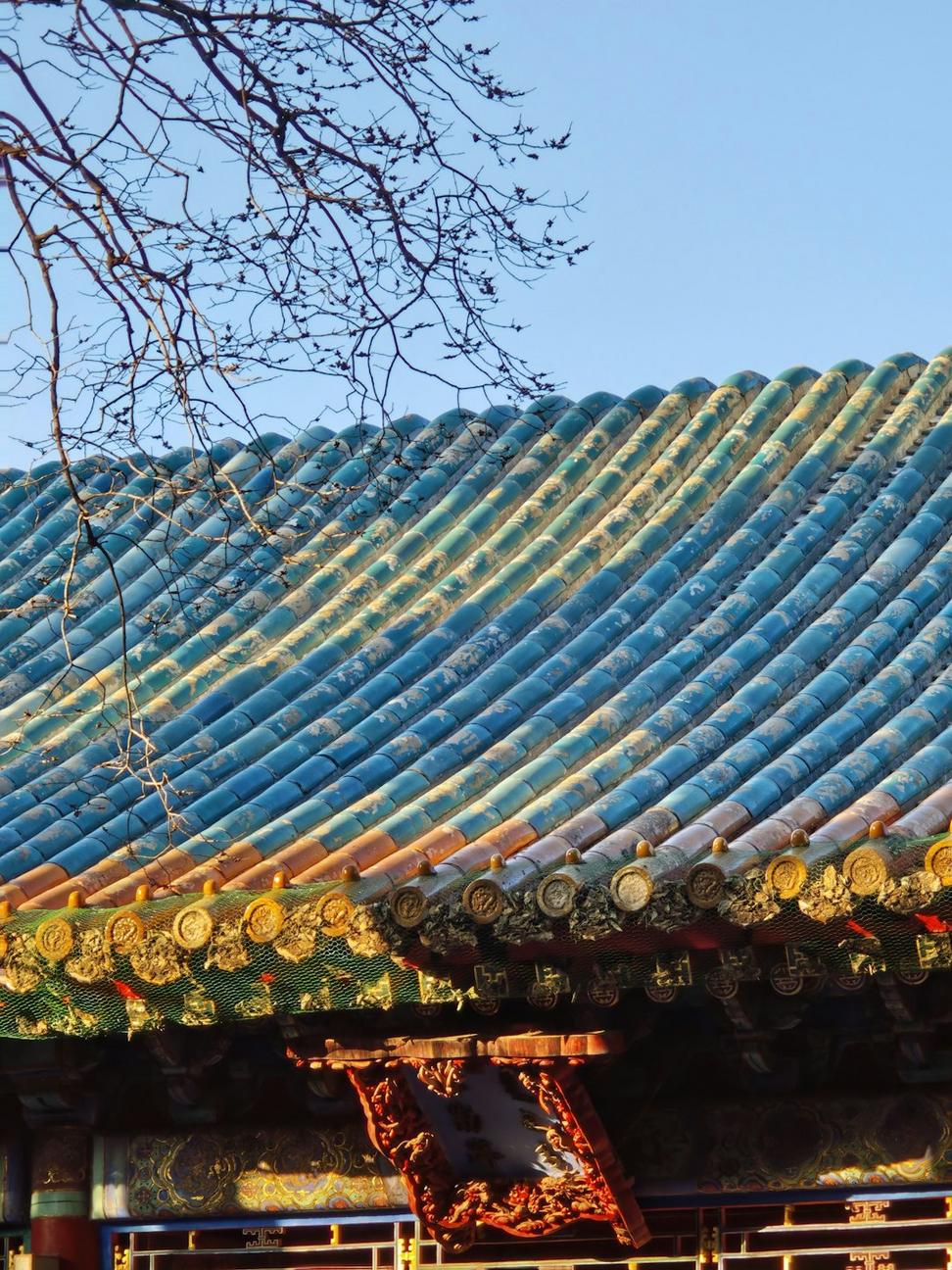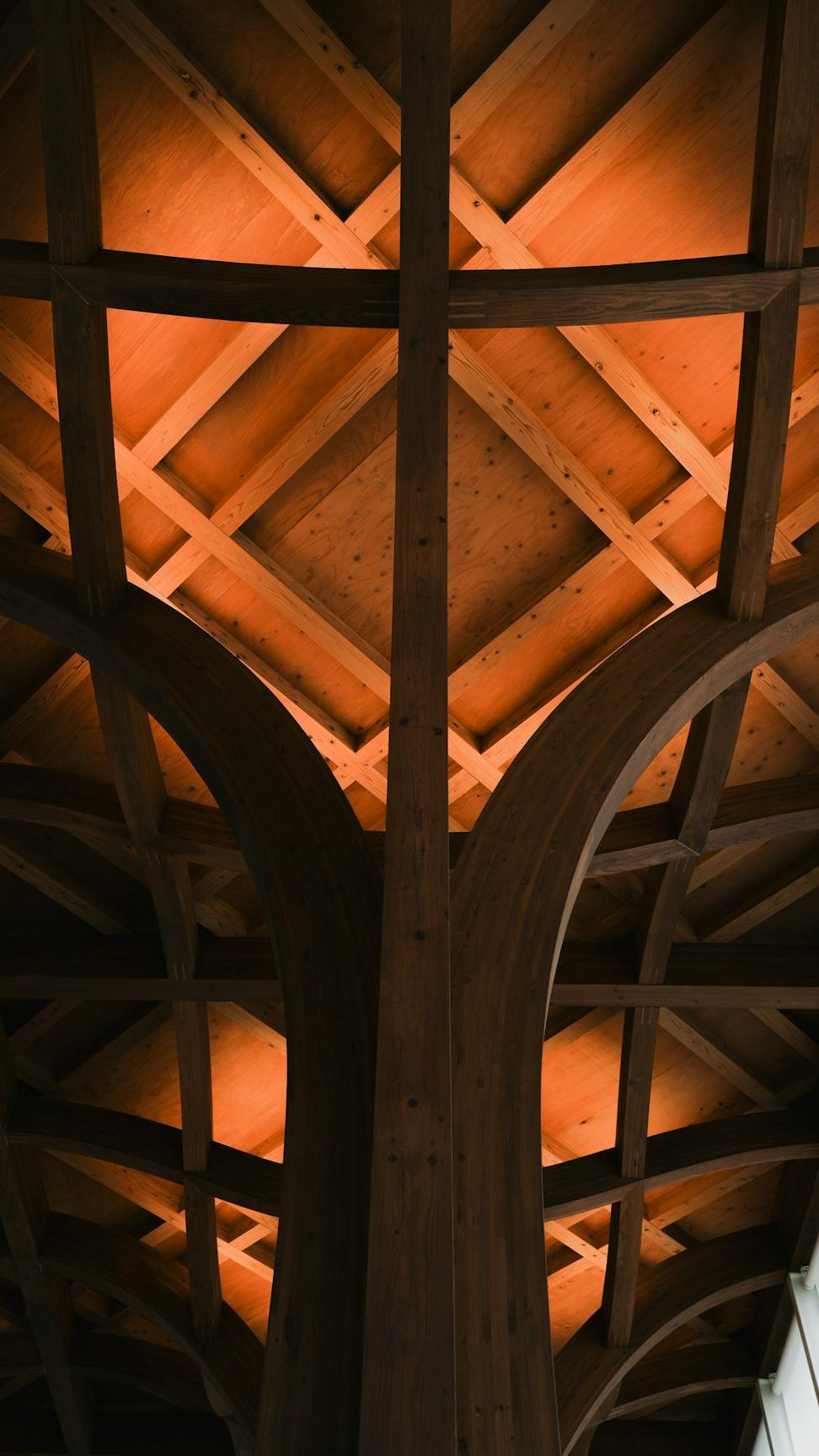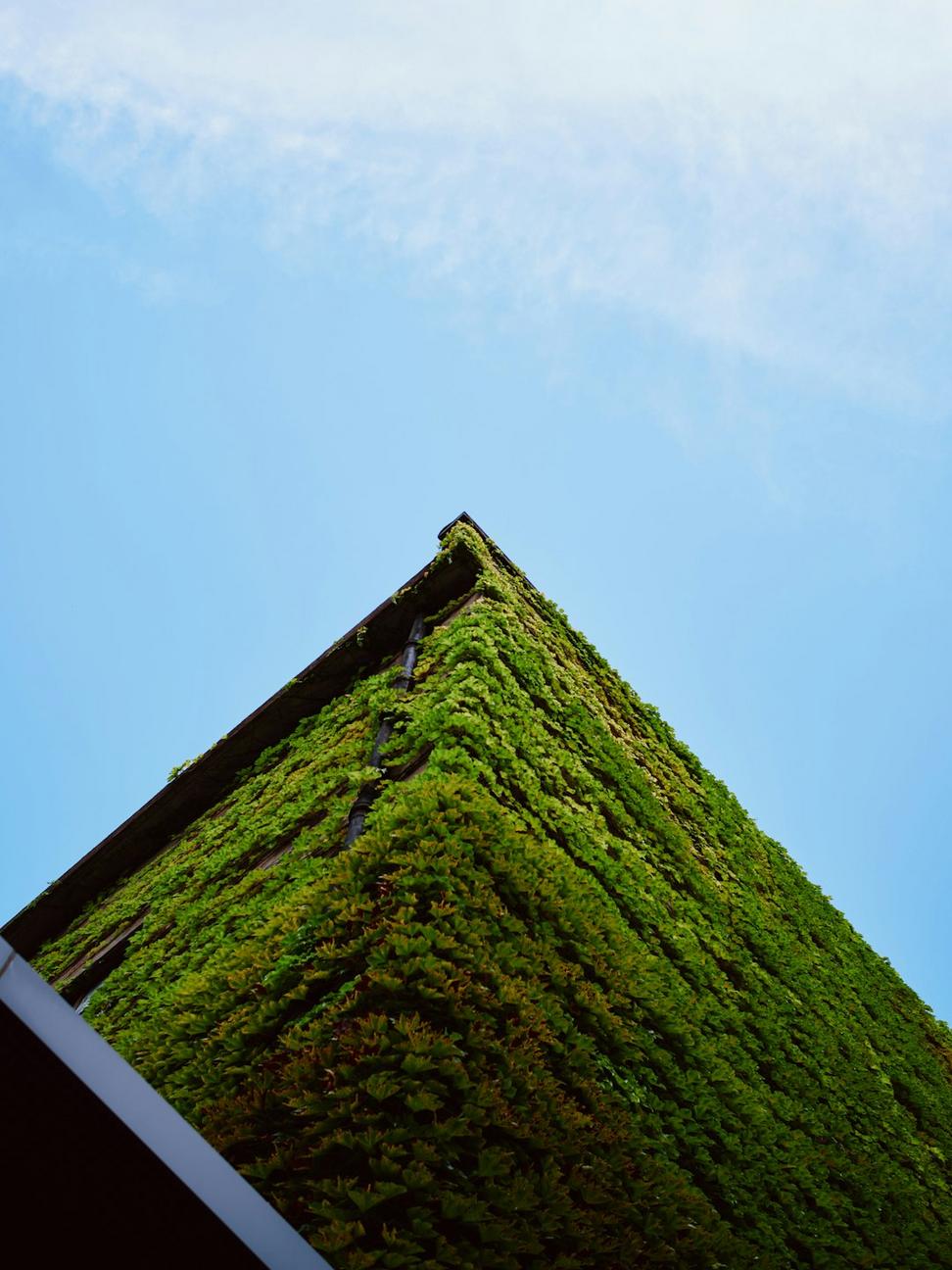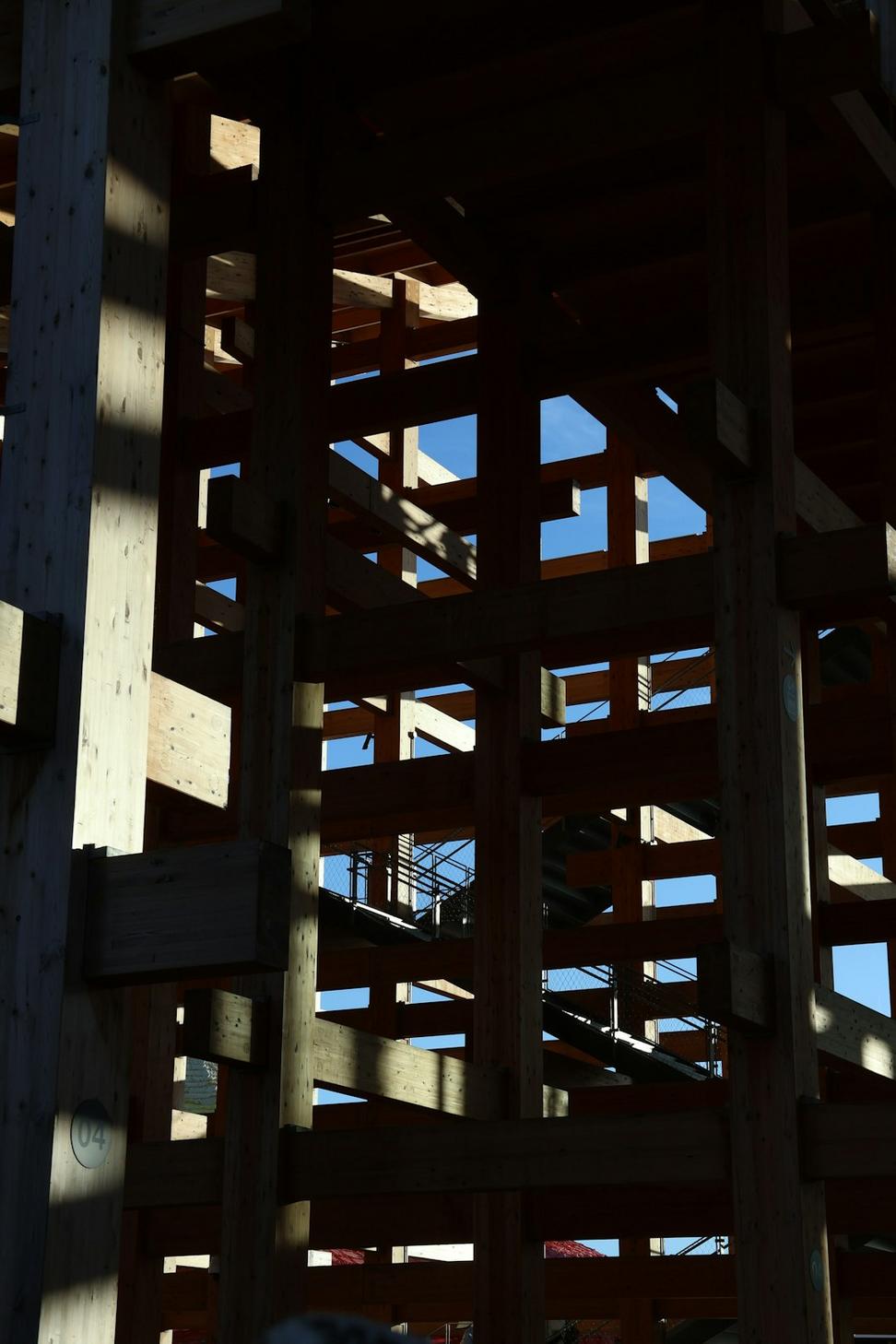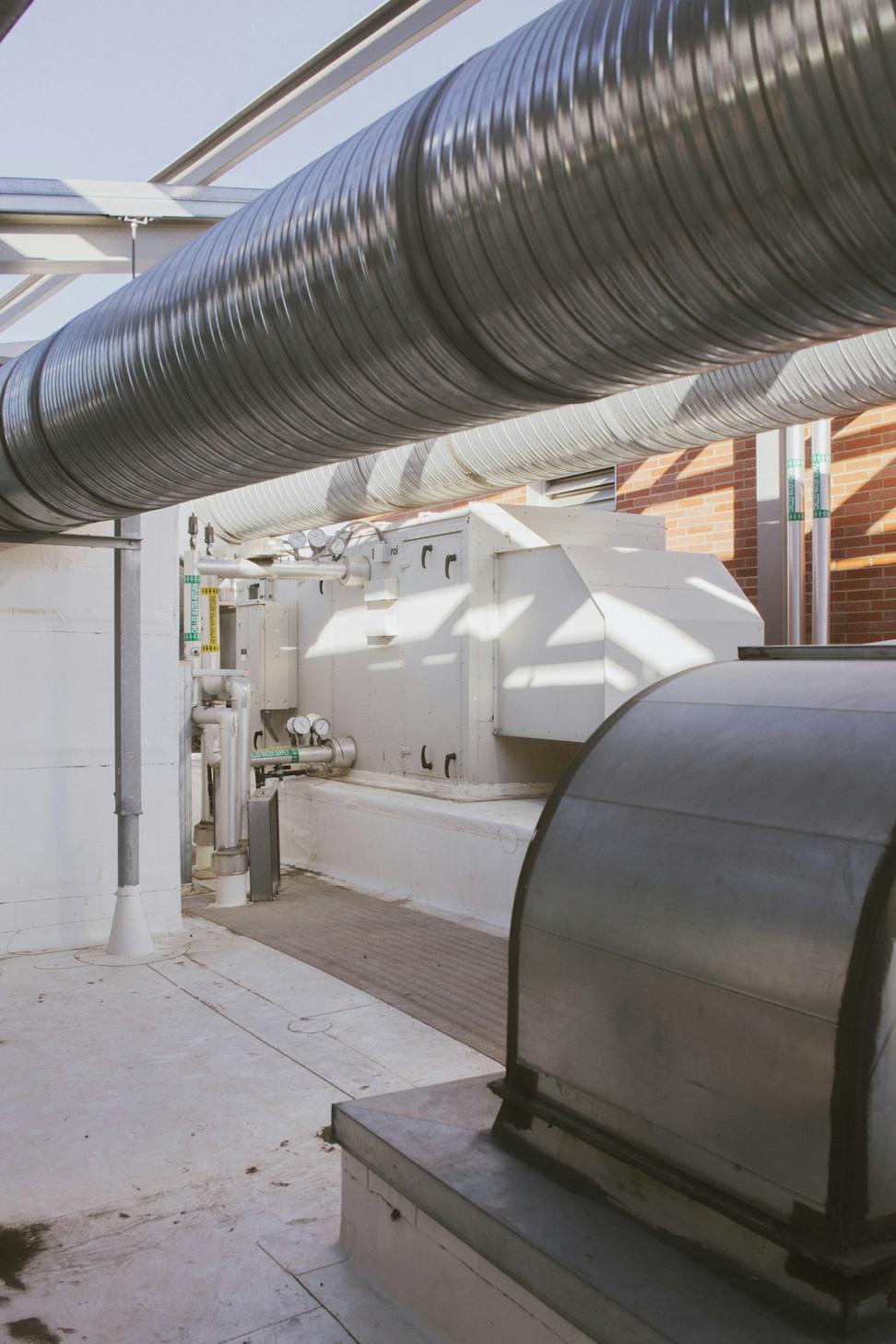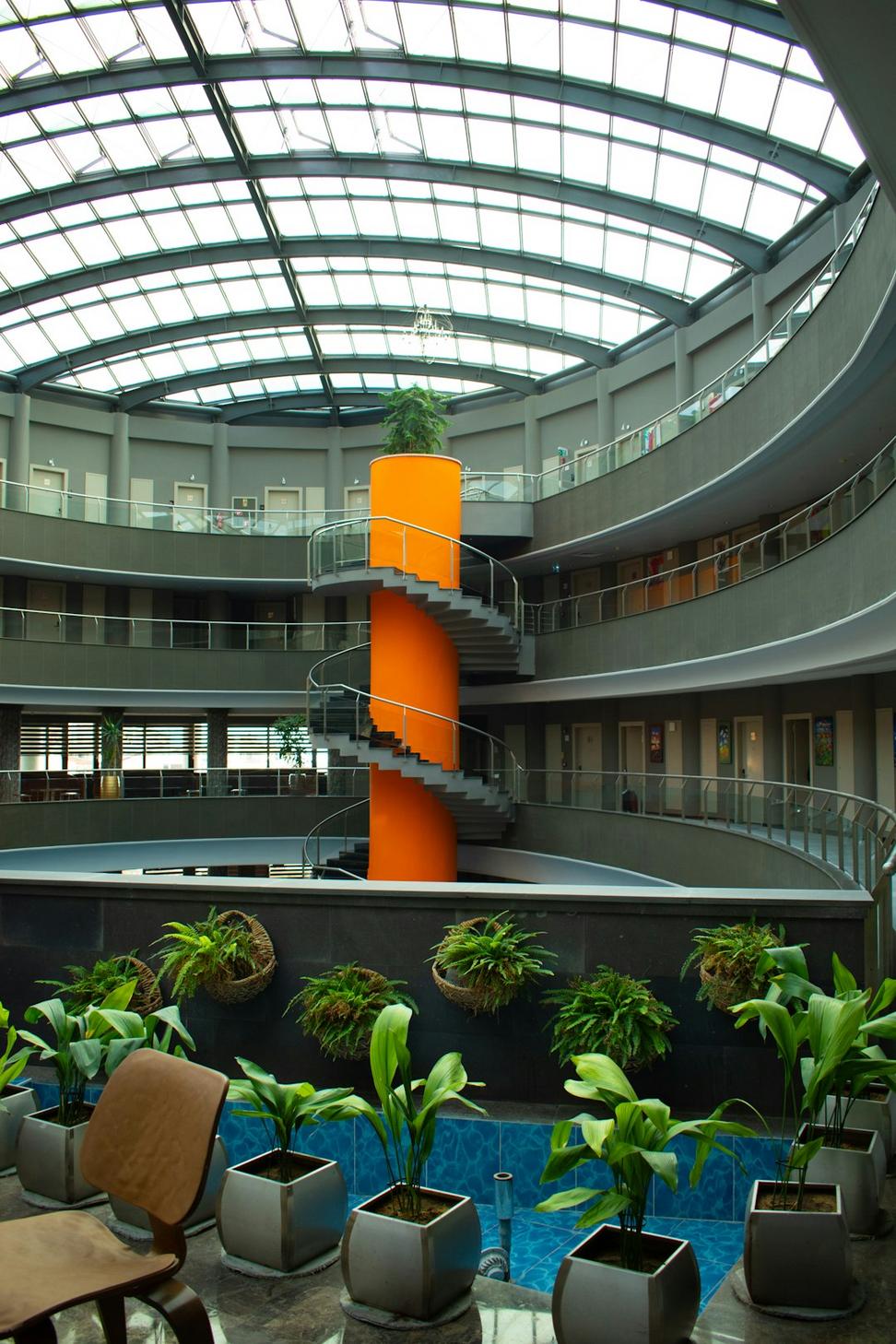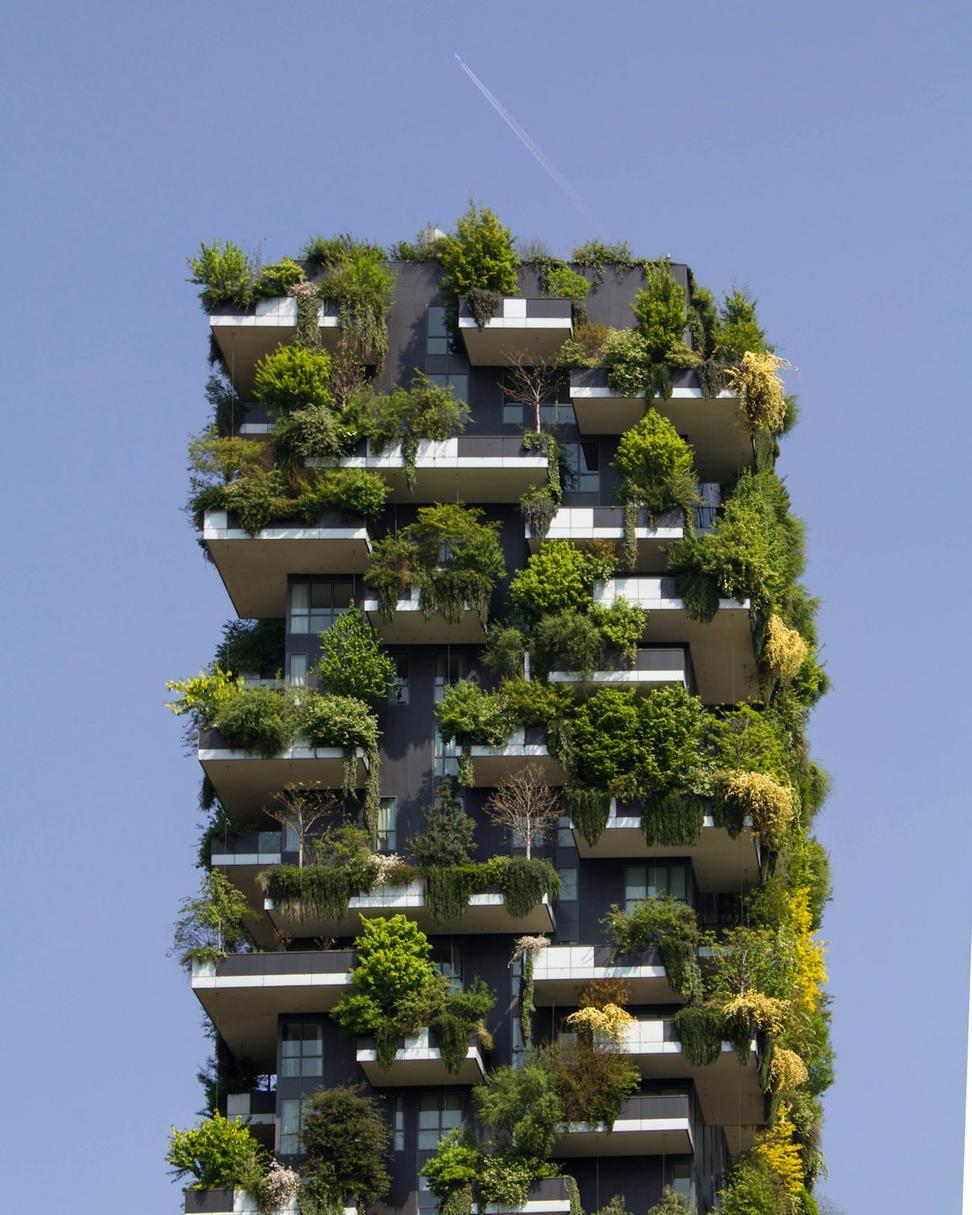Building Better, Not Just Bigger
Look, we're not gonna pretend we've got all the answers. But after fifteen years of messing around with sustainable materials and passive design strategies, we've learned a thing or two about making buildings that don't trash the planet.
